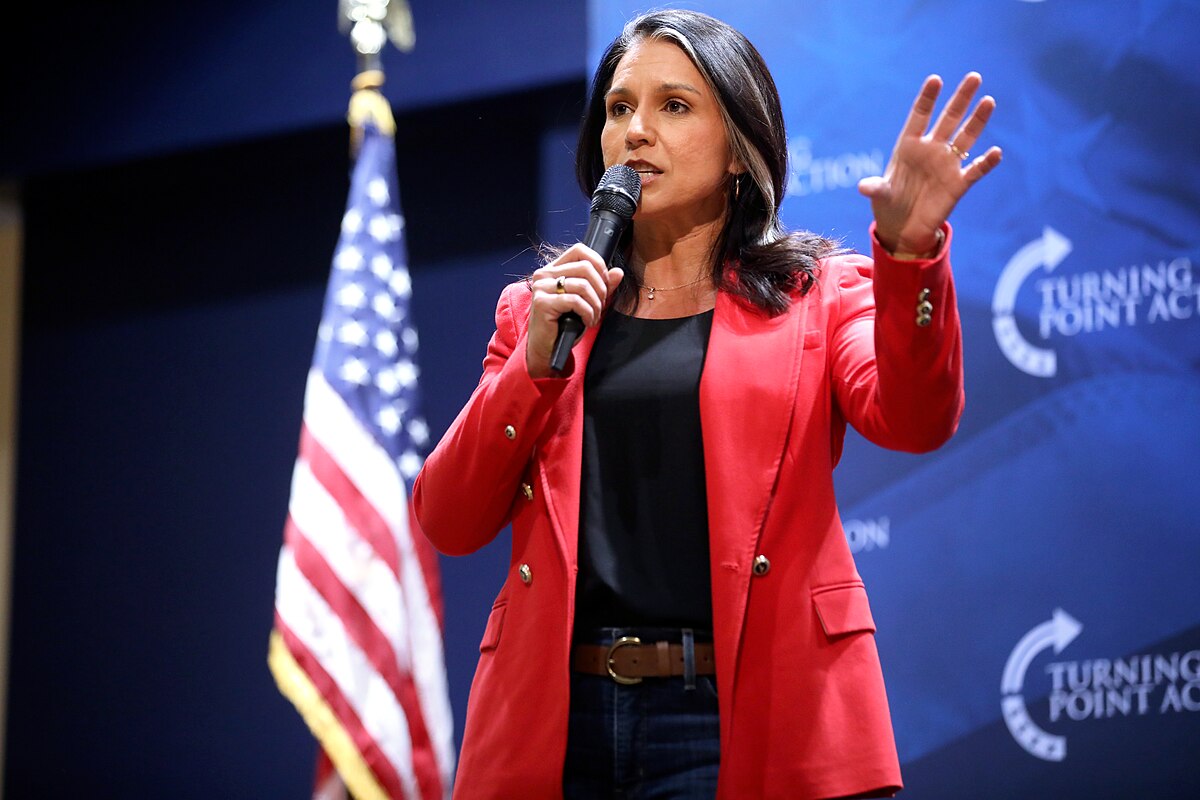Supreme Court to Address Trump’s Immunity Claim
The Supreme Court has made an exciting announcement: they will be addressing the issue of whether former President Donald Trump can use presidential immunity to protect himself from federal prosecution. This decision comes after a U.S. Court of Appeals ruled against Trump’s immunity claim in a 2020 election case. The high court has scheduled an oral argument for April 22, 2024, making it unlikely that a trial could be held before the 2024 election. Legal experts are buzzing about this development, with Andrew Weissmann, a former federal prosecutor, stating that every day of delay grants Trump de facto immunity. In December, the Supreme Court denied a bid to fast-track consideration of the immunity claim, with Trump’s lawyers arguing for a cautious approach. Trump, who has pleaded not guilty in the federal case accusing him of plotting to overturn the 2020 election results, filed a motion to dismiss the case in October, claiming that his actions were within his official duties. U.S. District Judge Tanya Chutkan rejected Trump’s immunity claim, emphasizing that his service as Commander in Chief does not exempt him from criminal accountability. The fight over immunity has caused delays in the proceedings, and the trial is now set to start on March 4, 2024, one day before Super Tuesday. Trump is also facing three other criminal cases and civil litigation, all of which he denies any wrongdoing and claims are politically motivated. He recently cited presidential immunity in a request to dismiss a case involving classified documents. Stay updated on this story by downloading the DAILYWIRE+ APP.
How has the delay in the trial due to the Supreme Court’s oral arguments on presidential immunity affected the perception of de facto immunity for Donald Trump
Title: Supreme Court to Address Presidential Immunity: Implications for Donald Trump and the 2024 Election
Introduction:
In a significant development, the Supreme Court has announced its intention to address the issue of whether former President Donald Trump can utilize presidential immunity to shield himself from federal prosecution. This decision comes after a U.S. Court of Appeals ruling against Trump’s immunity claim in a 2020 election case. Legal experts and pundits are abuzz with anticipation, as this decision holds considerable implications for Trump’s legal battles, as well as its impact on the upcoming 2024 election.
Timeline and Legal Arguments:
A scheduled oral argument for April 22, 2024, has been set by the high court, making it unlikely that a trial could occur before the 2024 election. This delay has raised concerns among legal experts, with former federal prosecutor Andrew Weissmann asserting that every day of postponement grants Trump de facto immunity.
In December, the Supreme Court denied a bid to expedite consideration of Trump’s immunity claim. Trump’s legal team argued for a cautious approach, seeking to avoid any hasty decisions. The former President, who has pleaded not guilty in the federal case accusing him of plotting to overturn the 2020 election results, filed a motion to dismiss the case in October, claiming that his actions were within the scope of his official duties.
Trump’s Immunity Claim Rejected:
U.S. District Judge Tanya Chutkan rejected Trump’s immunity claim, emphasizing that his tenure as Commander in Chief does not exempt him from criminal accountability. This rejection, alongside the fight over immunity, has caused unprecedented delays in the proceedings. Subsequently, the trial is now set to commence on March 4, 2024, just one day before Super Tuesday.
Other Legal Battles and Political Motivations:
In addition to the aforementioned case, Trump is also facing three other criminal cases and civil litigation, all of which he vehemently denies any wrongdoing and asserts are politically motivated. Most recently, Trump cited presidential immunity in a request to dismiss a case related to classified documents.
Implications for the 2024 Election:
The Supreme Court’s decision to address the question of presidential immunity and Trump’s subsequent legal battles carry profound implications for the 2024 election. With the trial likely to occur after the election, the outcome of these proceedings could impact public perception of Trump’s innocence or guilt and potentially influence voters’ decisions.
Conclusion:
The Supreme Court’s announcement to address the issue of presidential immunity with regards to former President Donald Trump is a highly anticipated development. As the legal battles continue to unfold, the implications for Trump’s legal situation and the upcoming 2024 election remain significant. All eyes will be on the court’s oral arguments on April 22, 2024, as the country awaits the resolution of this consequential case. To stay updated on this story, download the DAILYWIRE+ app.
" Conservative News Daily does not always share or support the views and opinions expressed here; they are just those of the writer."





Now loading...